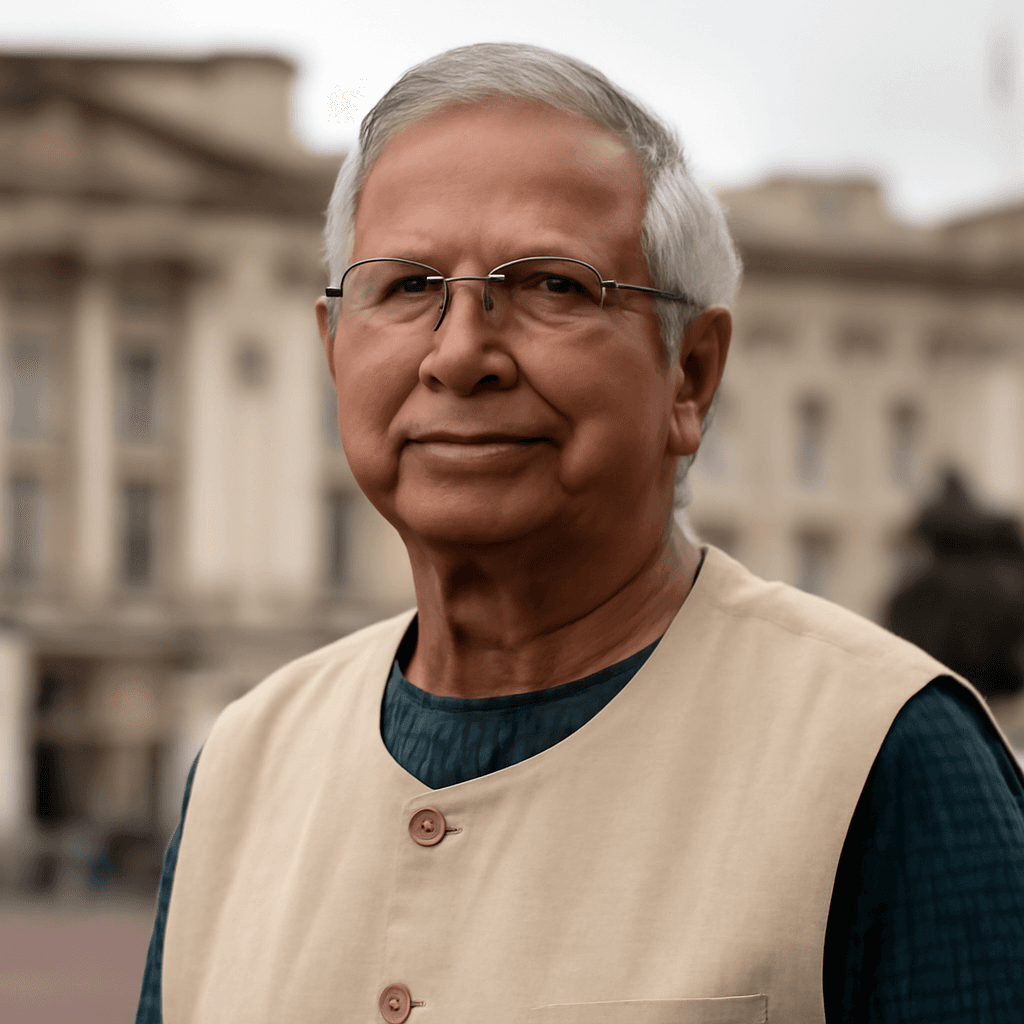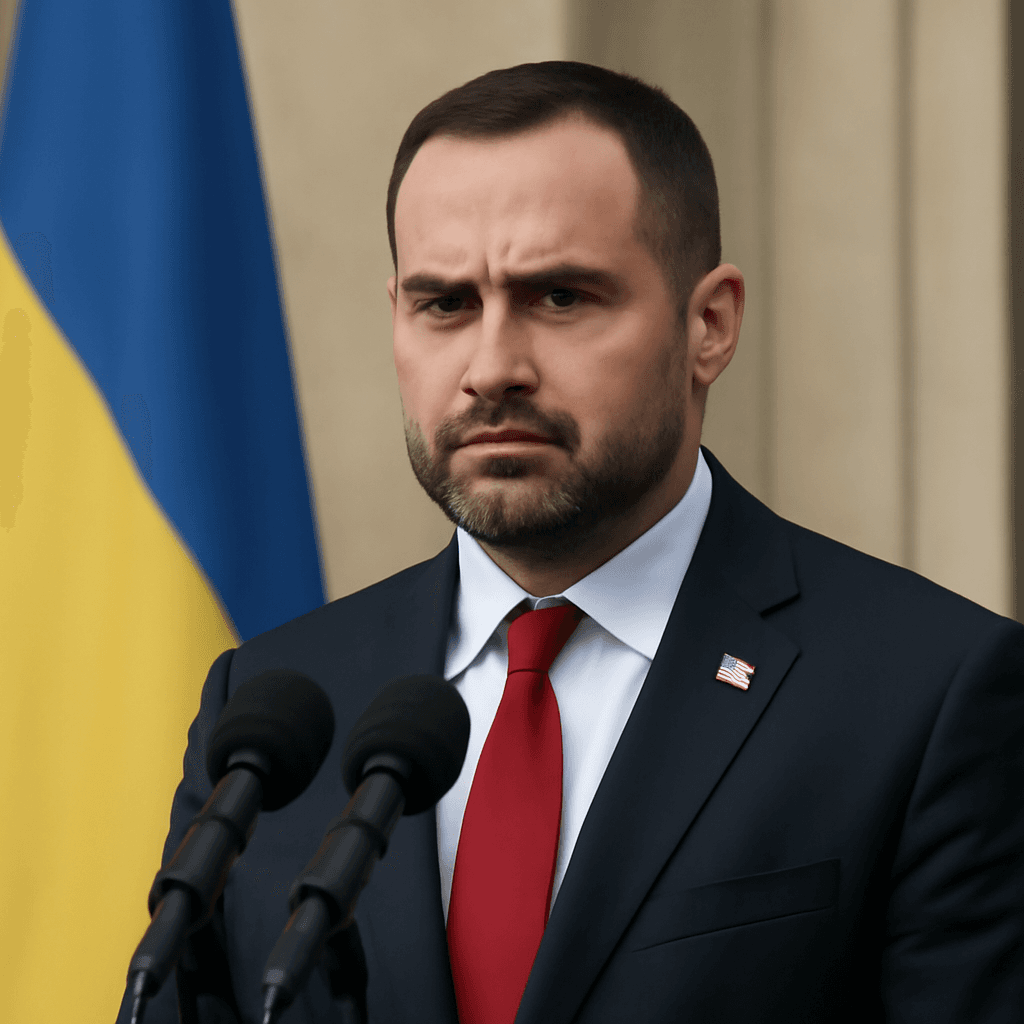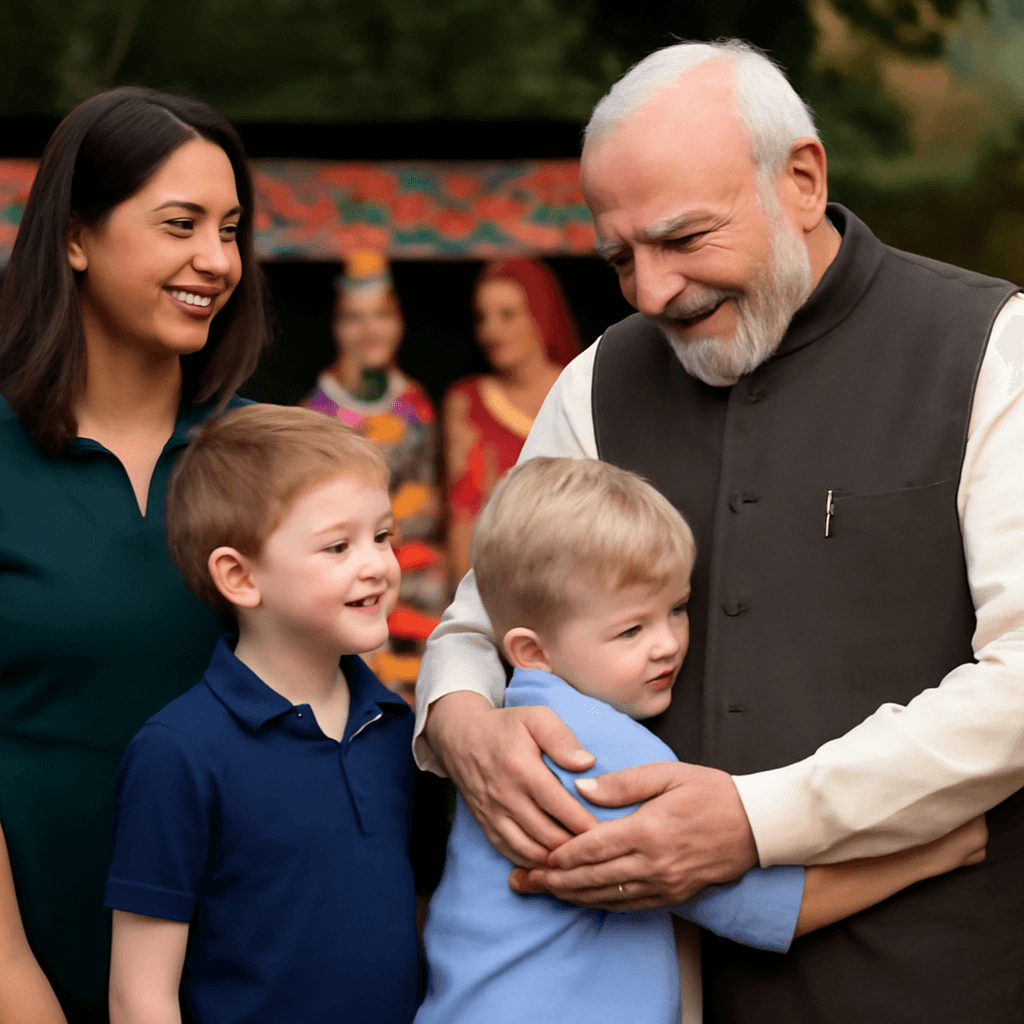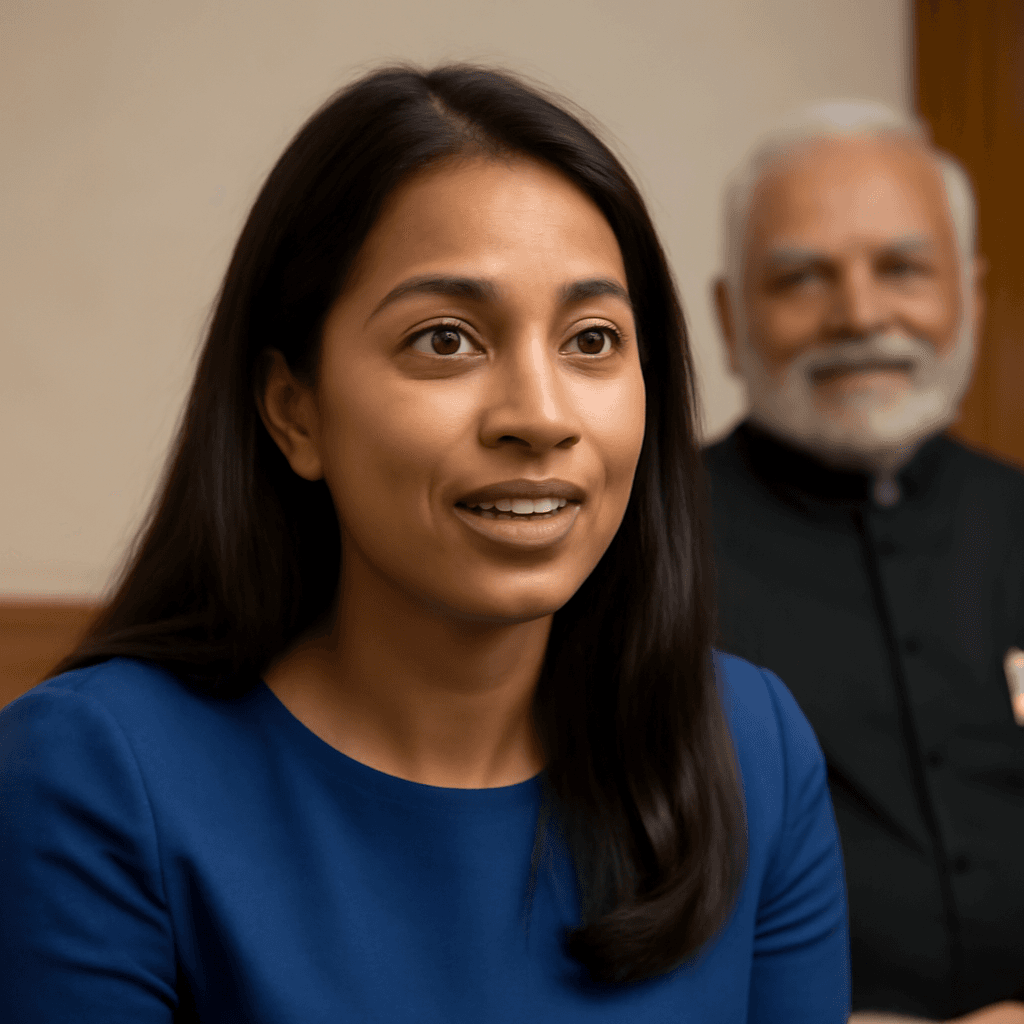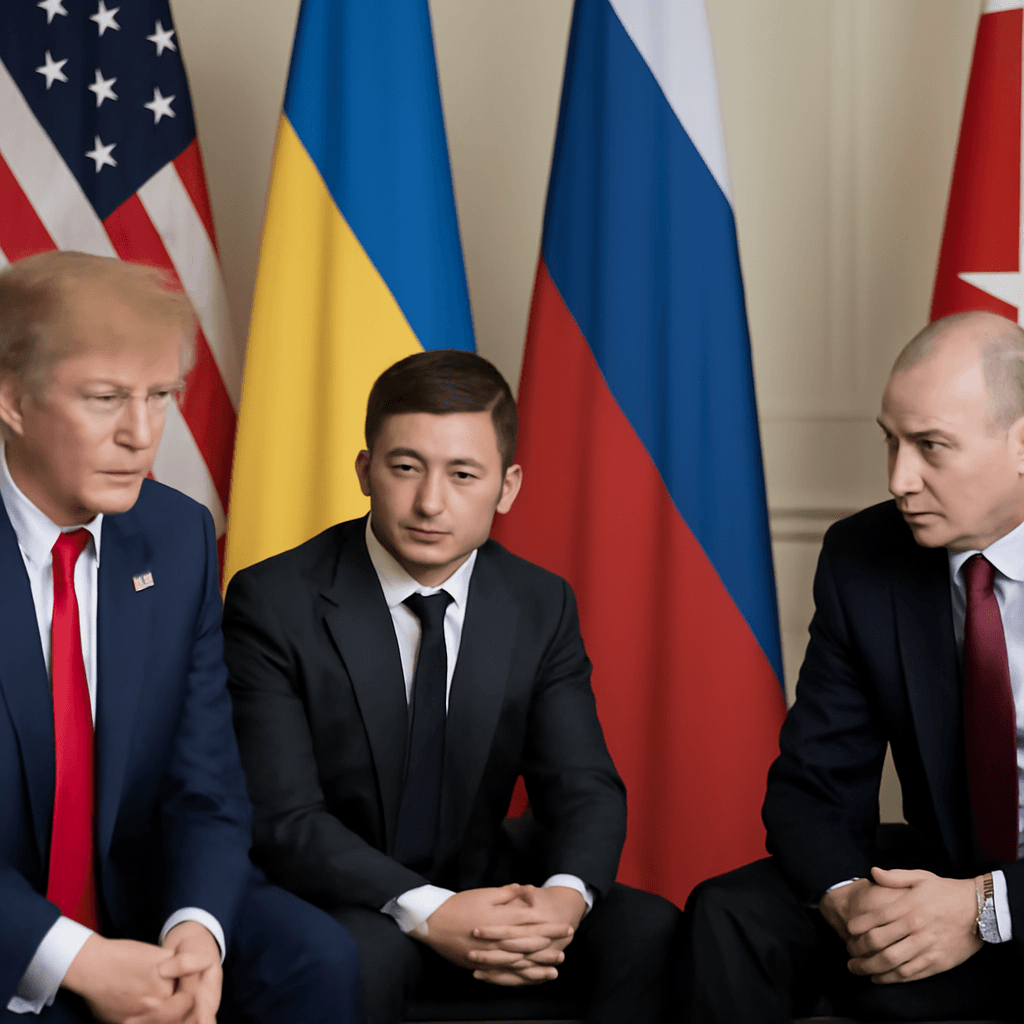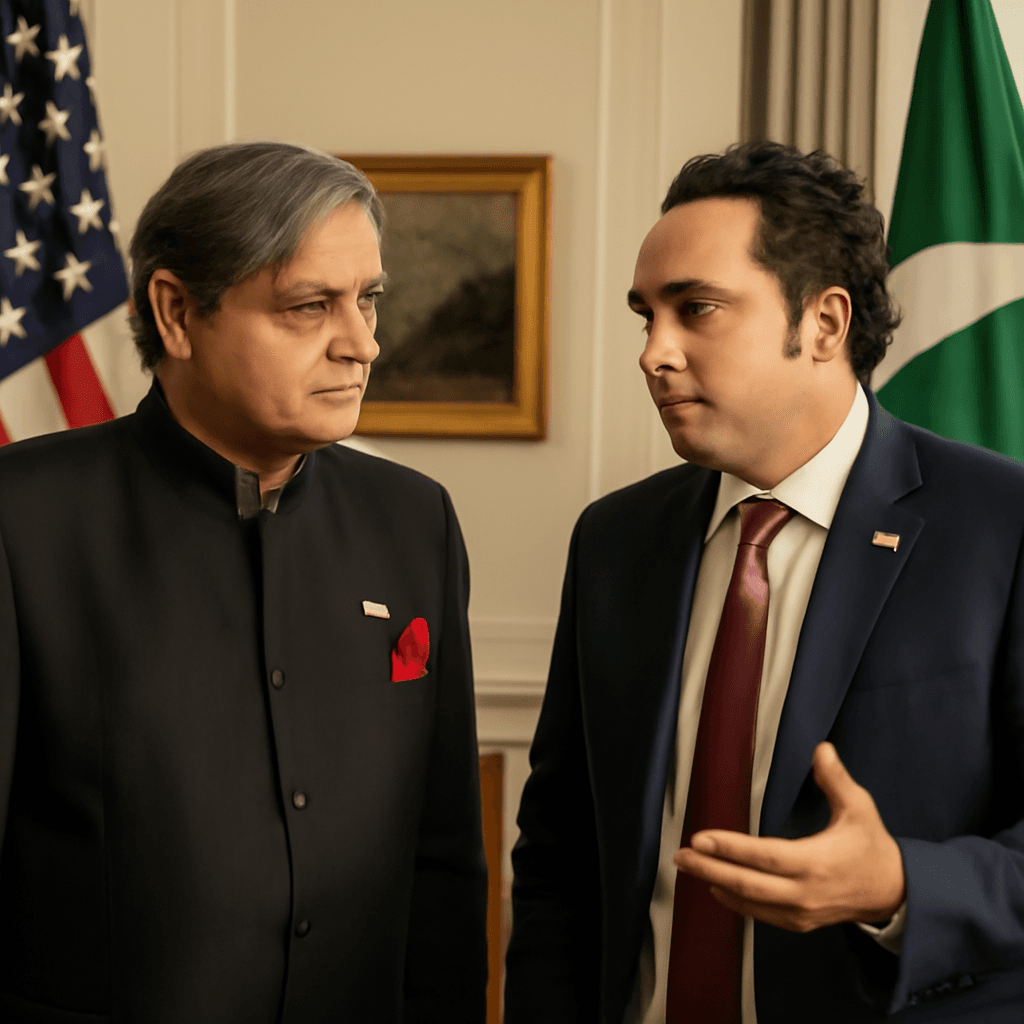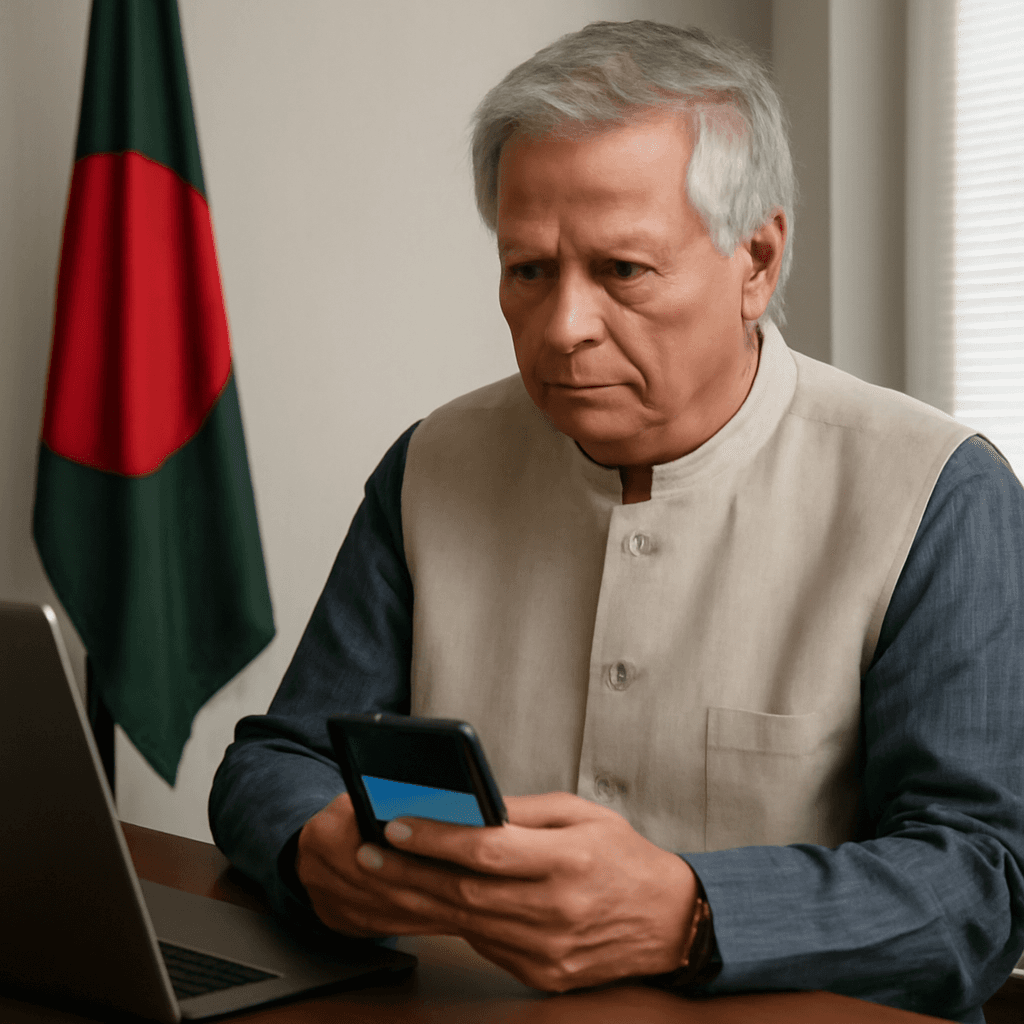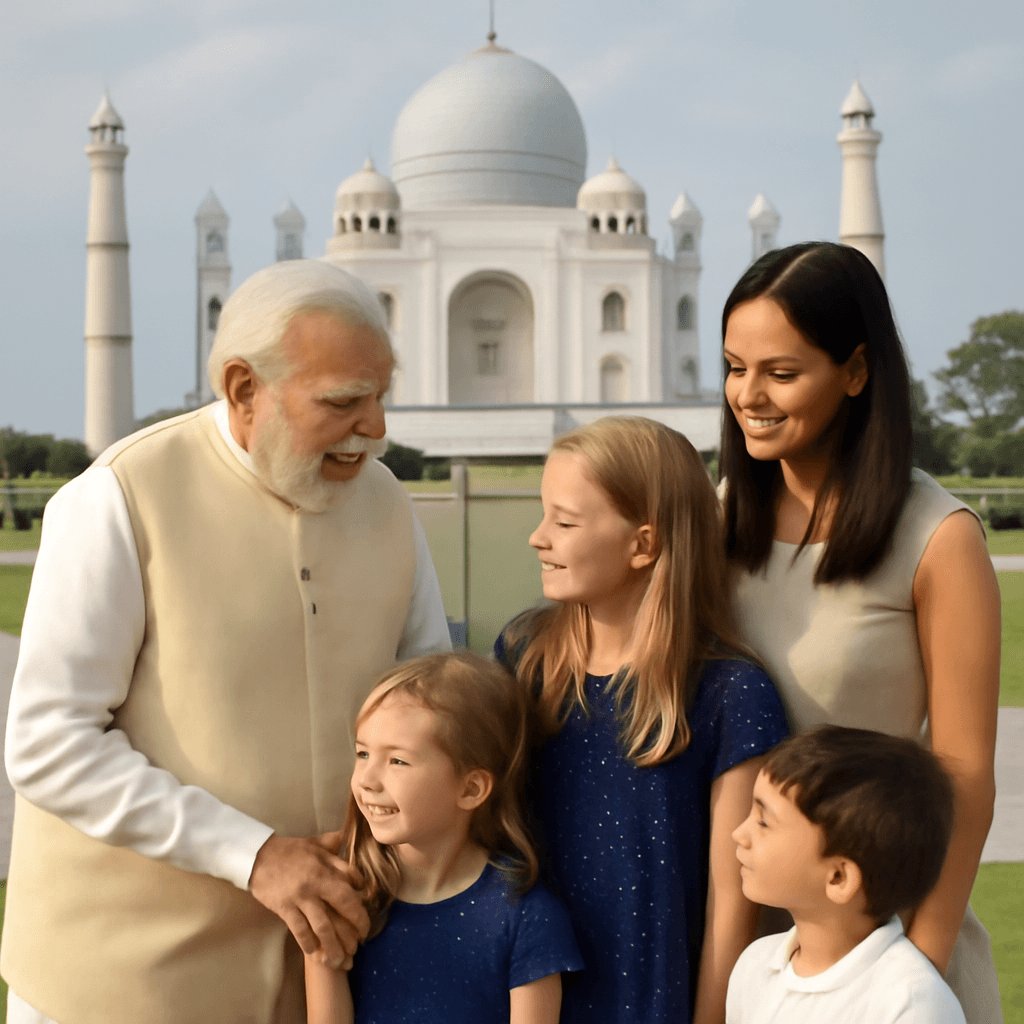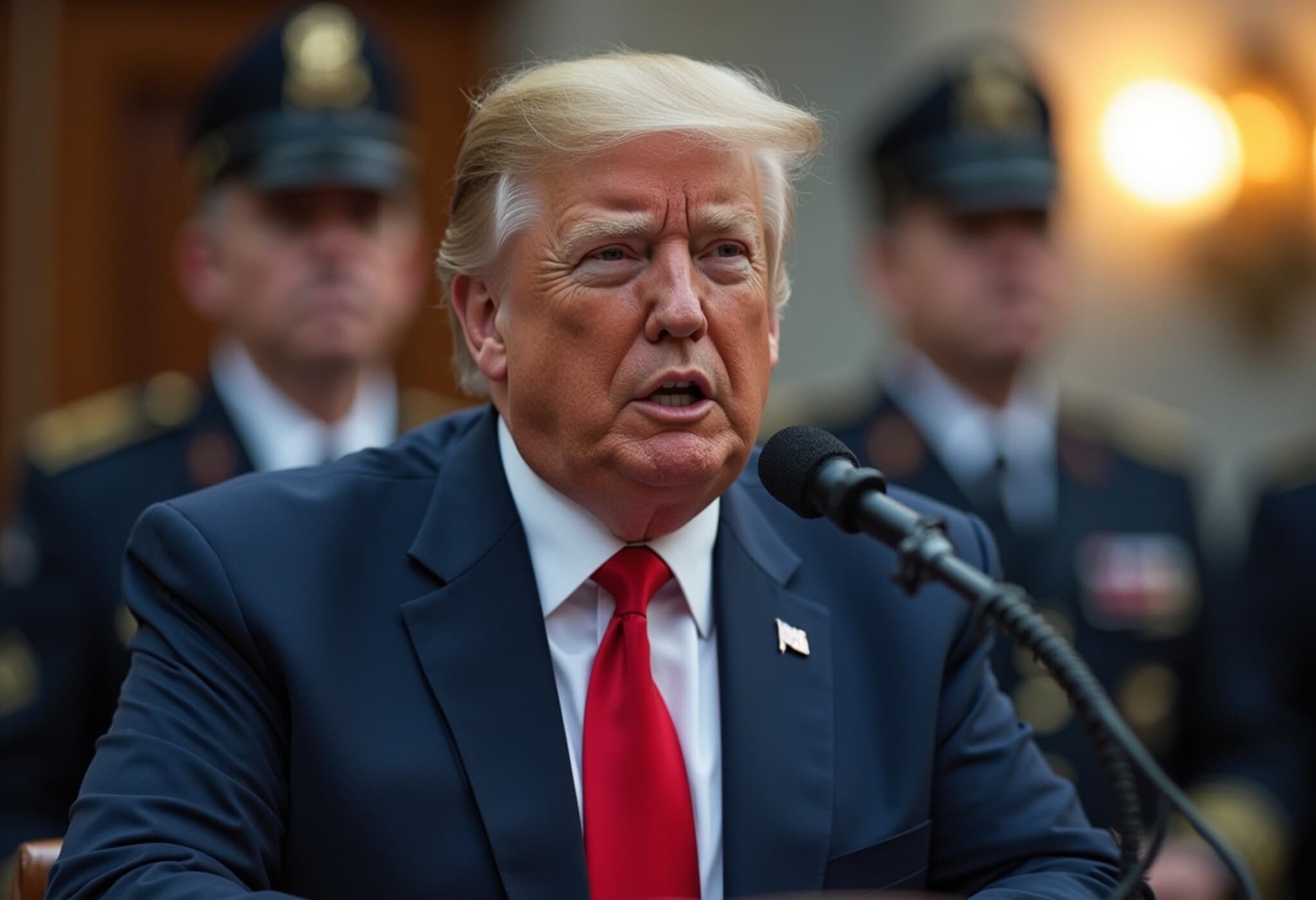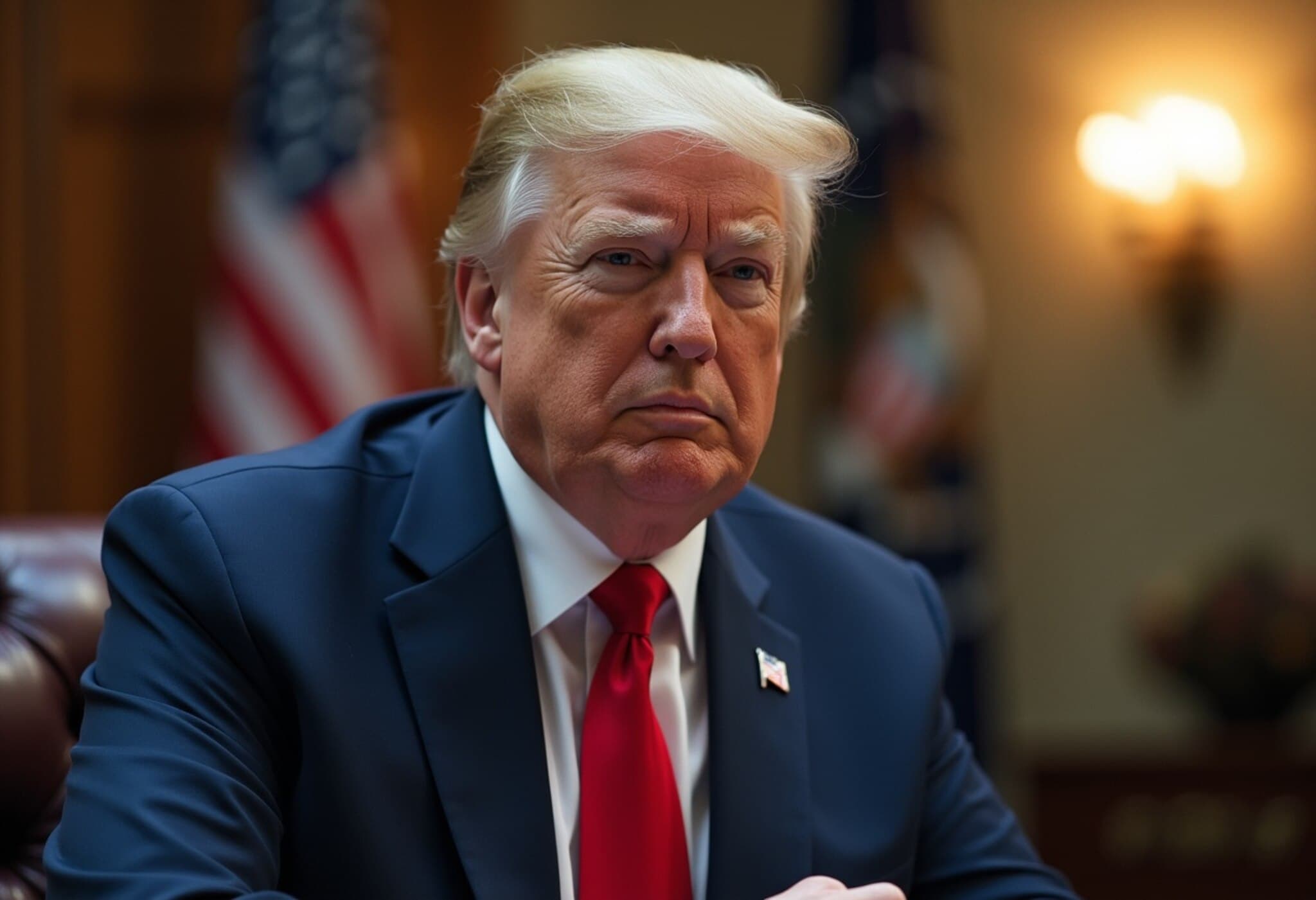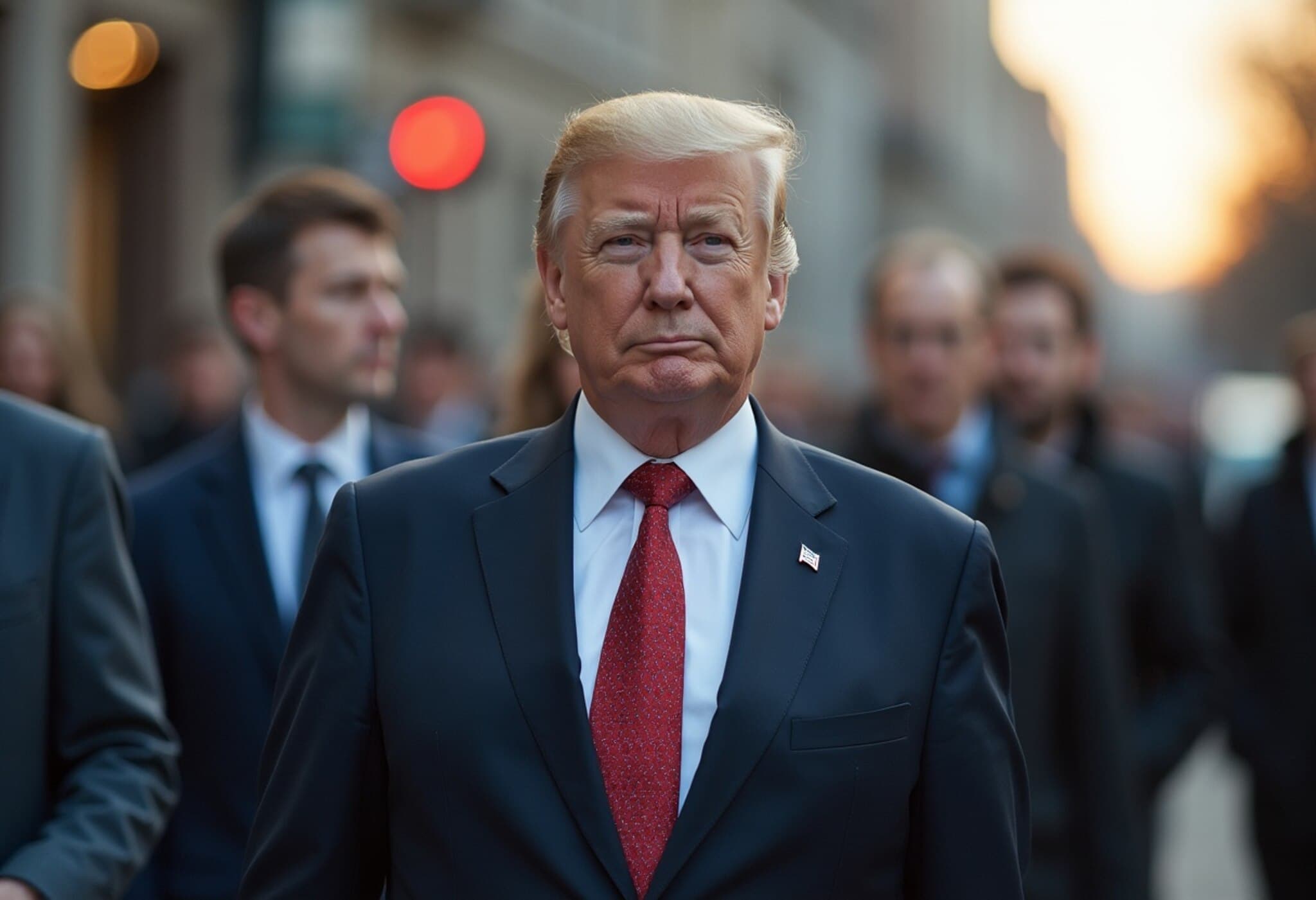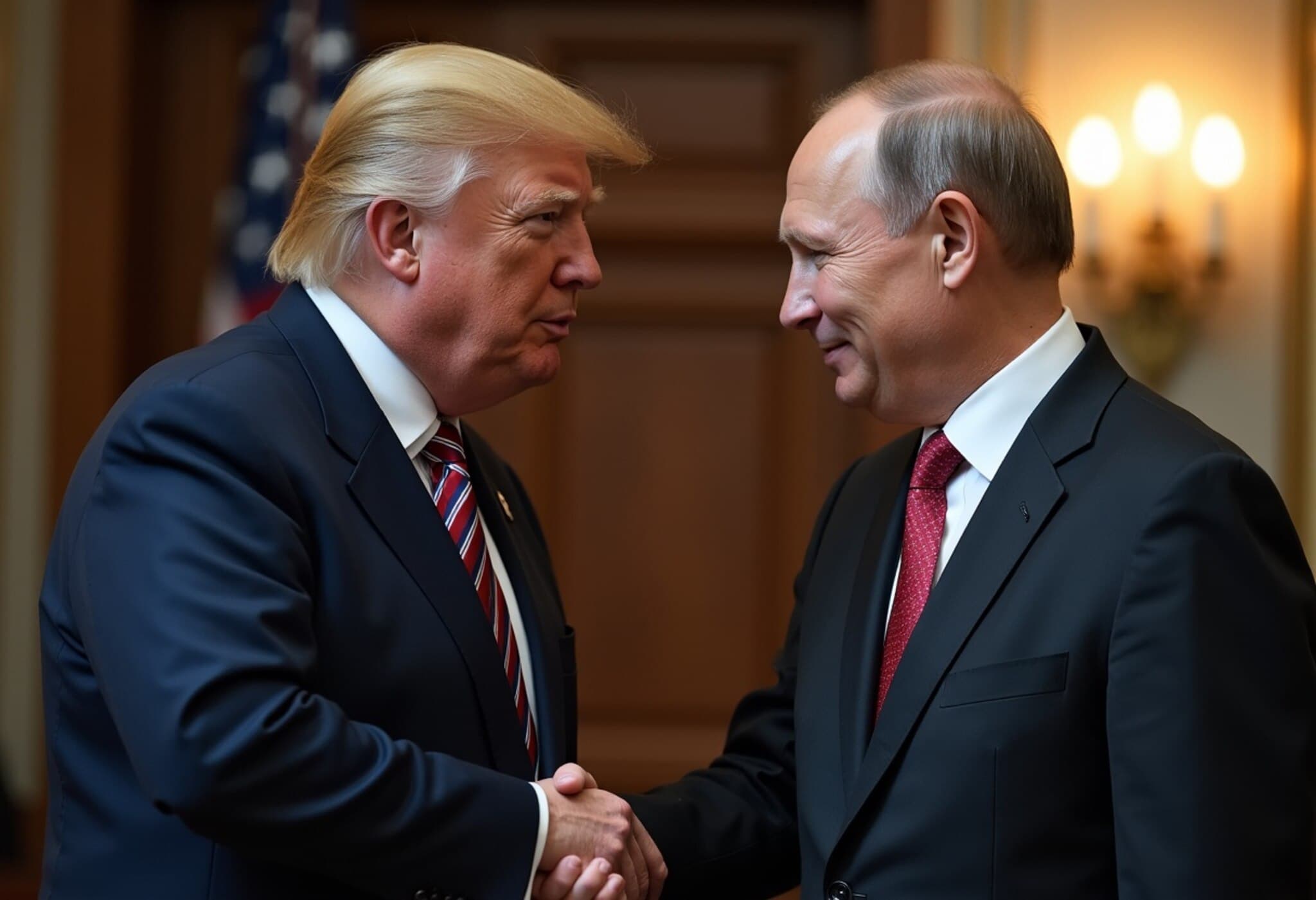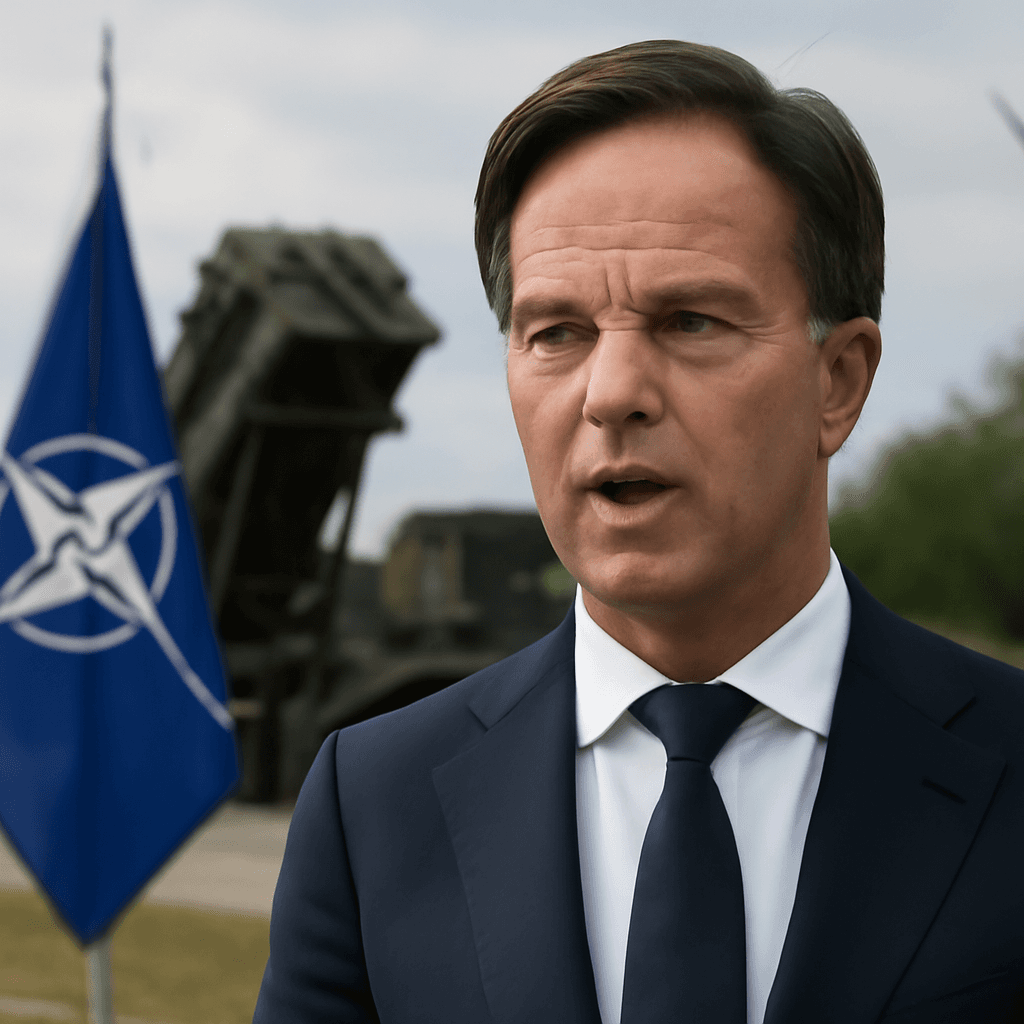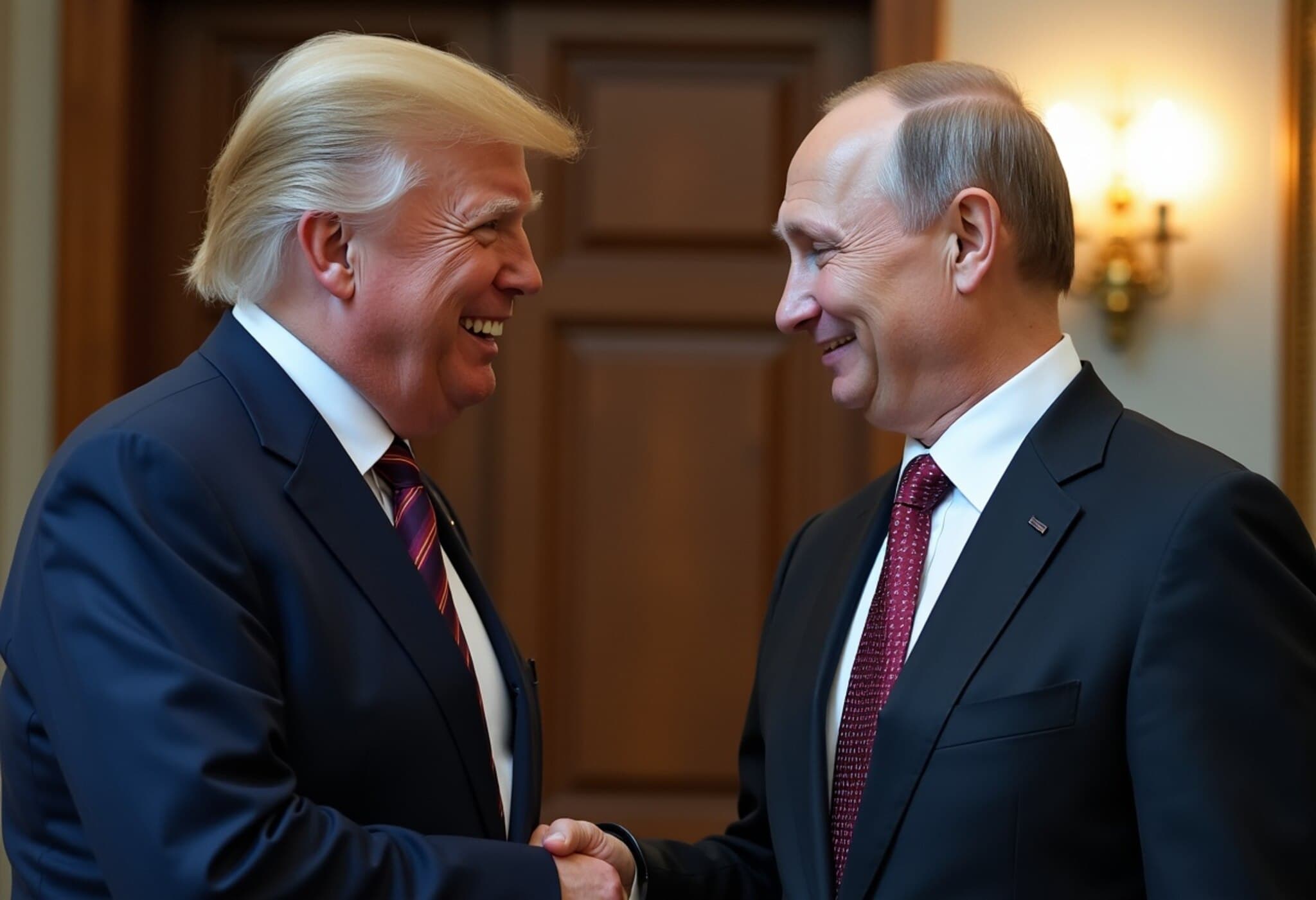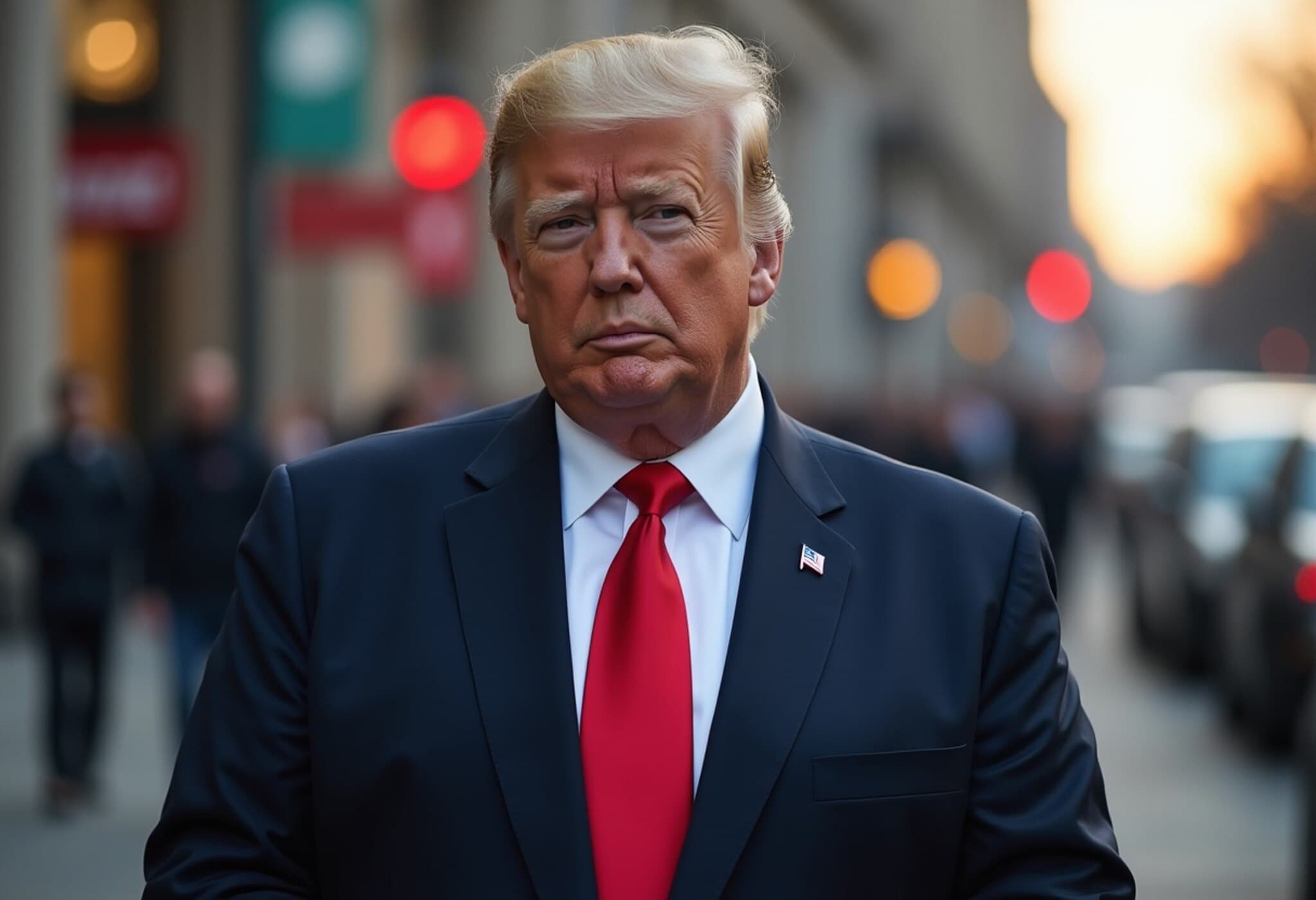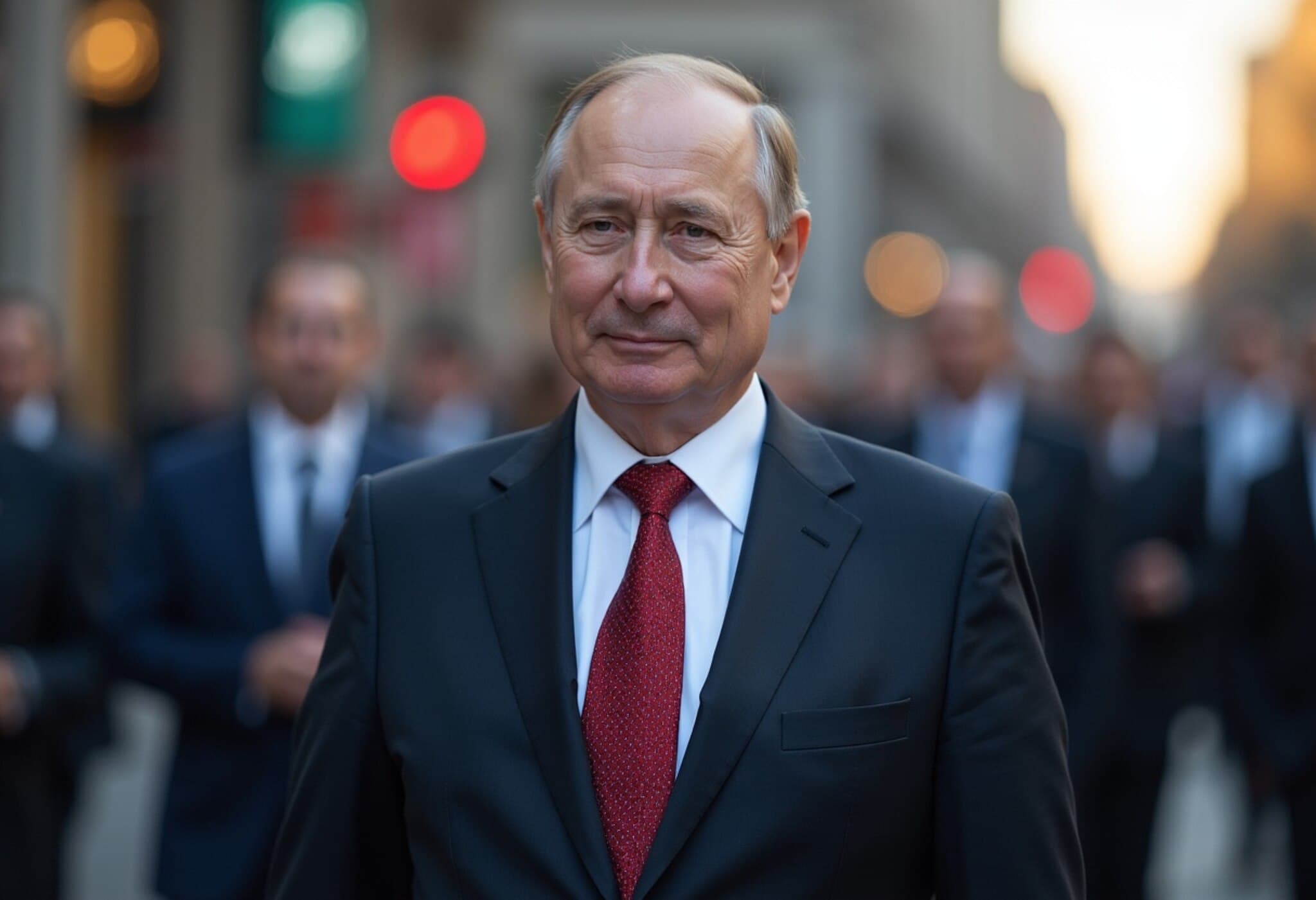Russia Bans British Council over Alleged Political Activities
Russia has officially banned the British Council, designating it as an "undesirable organisation." The Russian Prosecutor General's Office accused the British Council of promoting British interests covertly through English language education and supporting the LGBTQ movement, which Russia has classified as extremist.
Allegations Against the British Council
The Prosecutor General's statement emphasized that the British Council was engaged in implementing various projects aimed at discrediting Russia’s domestic and foreign policies. This action is part of a broader Russian crackdown on foreign and Western-backed organizations, which are being systematically labeled as undesirable. Individuals associated with such groups face potential imprisonment of several years.
Wider Context of Russia-UK Relations
Relations between Russia and Britain have been severely strained, particularly following Russia's large-scale military offensive in Ukraine in 2022. The diplomatic climate had already been contentious after multiple incidents including the 2018 poisoning of former Russian spy Sergei Skripal on UK soil.
The Federal Security Service (FSB) backed the decision to ban the British Council, accusing the UK government of instigating global crises and orchestrating conflicts. The FSB described Britain as the "main source of global crises, a provocateur and instigator of wars," alleging that Britain deliberately destabilizes geopolitical rivals and even its closest allies through covert operations.
Impact on Cultural and Educational Ties
The British Council has long been involved in promoting English language education and cultural exchange. However, Moscow’s move substantially curtails the organization's operations, severing an important channel of cultural diplomacy amid escalating tensions.
Ongoing Crackdown on Civil Society in Russia
This recent ban is in line with years of Russian government efforts to suppress independent civil society organizations and dissenting voices, particularly since the conflict in Ukraine intensified. Many international NGOs and educational organizations have faced similar bans or restrictions.
Key Points:
- Russian prosecutors accuse the British Council of promoting British interests disguised as language education.
- Support for the LGBTQ movement cited as part of the reason for the ban.
- FSB describes Britain as an instigator of global wars and conflicts.
- Designation of “undesirable organisation” makes activities illegal in Russia and imposes severe penalties.
- Relations between Russia and UK have been deteriorating since at least 2018, worsening with the Ukraine conflict.
The ban on the British Council marks a significant escalation in Russia’s effort to limit Western influence amidst fraught geopolitical tensions.


